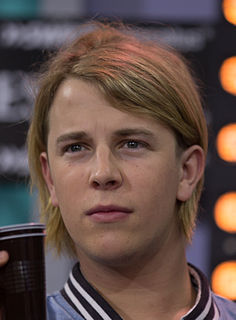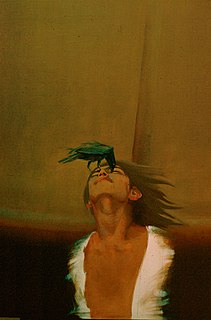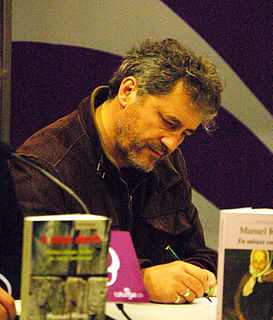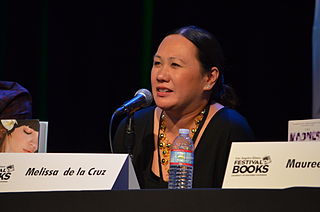A Quote by Theodor Adorno
To hate destructiveness, one must hate life as well: only death is an image of undistorted life ... organic life is an illness peculiar to our unlovely planet.
Related Quotes
In struggling for human dignity the oppressed people of the world must not allow themselves to become bitter or indulge in hate campaigns. To retaliate with hate and bitterness would do nothing but intensify the hate in the world. Along the way of life, someone must have sense enough and morality enough to cut off the chain of hate. This can be done only by projecting the ethics of love to the center of our lives.
Don't ever let anyone pull you so low as to hate them. We must use the weapon of love. We must have the compassion and understanding for those who hate us. We must realize so many people are taught to hate us that they are not totally responsible for their hate. But we stand in life at midnight; we are always on the threshold of a new dawn.
I wouldn't be honest if I told you that in some moment of my life I had a lot of rage - probably hate - I'm not sure of hate, but rage. But you know what happens is that then you realize you cannot do to others what you think nobody has to do to anybody. Life is important for me and not any kind of life, quality too of life.
See what's inside a drop of water. The whole seed of the universe. Come, come. See what's inside a drop of blood. The composition of life. It's all there. Hate as well. We approach the mystery of life, but it's impossible to understand the mystery of hate. The kind of hate that causes people not only to kill, but to want to erase you from the census of births. I have to concentrate on that mystery. Read everything there is. It has to be in a drop of blood. It has to have its chemistry.
By 'coming to terms with life' I mean: the reality of death has become a definite part of my life; my life has, so to speak, been extended by death, by my looking death in the eye and accepting it, by accepting destruction as part of life and no longer wasting my energies on fear of death or the refusal to acknowledge its inevitability. It sounds paradoxical: by excluding death from our life we cannot live a full life, and by admitting death into our life we enlarge and enrich it.
We are left with nothing but death, the irreducible fact of our own mortality. Death after a long illness we can accept with resignation. Even accidental death we can ascribe to fate. But for a man to die of no apparent cause, for a man to die simply because he is a man, brings us so close to the invisible boundary between life and death that we no longer know which side we are on. Life becomes death, and it is as if this death has owned this life all along. Death without warning. Which is to say: life stops. And it can stop at any moment.
I'm a humorist. A guy like Paul Simon just makes my life so much simpler. When I was there, he had a hearing against hate. Steven Spielberg came and testified against hate. Paul Simon said hate was bad. Orrin Hatch was there, and he was against hate too. Everyone was opposed to hate. Is this really a wonderful way to spend our tax dollars, to have these men drone away about how against hate they are?
There is no hate without fear. Hate is crystallized fear, fear's dividend, fear objectivized. We hate what we fear and so where hate is, fear is lurking. Thus we hate what threatens our person, our liberty, our privacy, our income, our popularity, our vanity and our dreams and plans for ourselves. If we can isolate this element in what we hate we may be able to cease from hating... Hate is the consequence of fear; we fear something before we hate; a child who fears noises becomes the man who hates them.
The dignity to be sought in death is the appreciation by others of what one has been in life,... that proceeds from a life well lived and from the acceptance of one's own death as a necessary process of nature.... It is also the recognition that the real event taking place at the end of our life is our death, not the attempts to prevent it.
The earthly form of Christ is the form that died on the cross. The image of God is the image of Christ crucified. It is to this image that the life of the disciples must be conformed; in other words, they must be conformed to his death (Phil 3.10, Rom 6.4) The Christian life is a life of crucifixion (Gal 2.19) In baptism the form of Christ's death is impressed upon his own. They are dead to the flesh and to sin, they are dead to the world, and the world is dead to them (Gal 6.14). Anybody living in the strength of Christ's baptism lives in the strength of Christ's death.




































